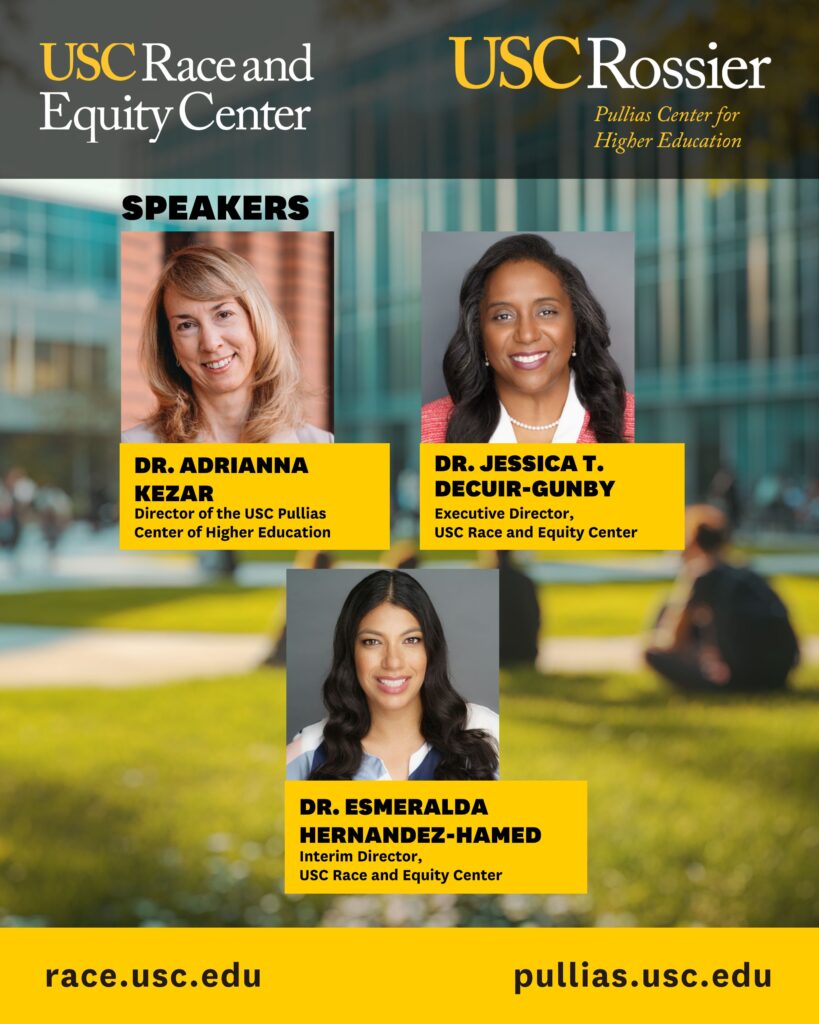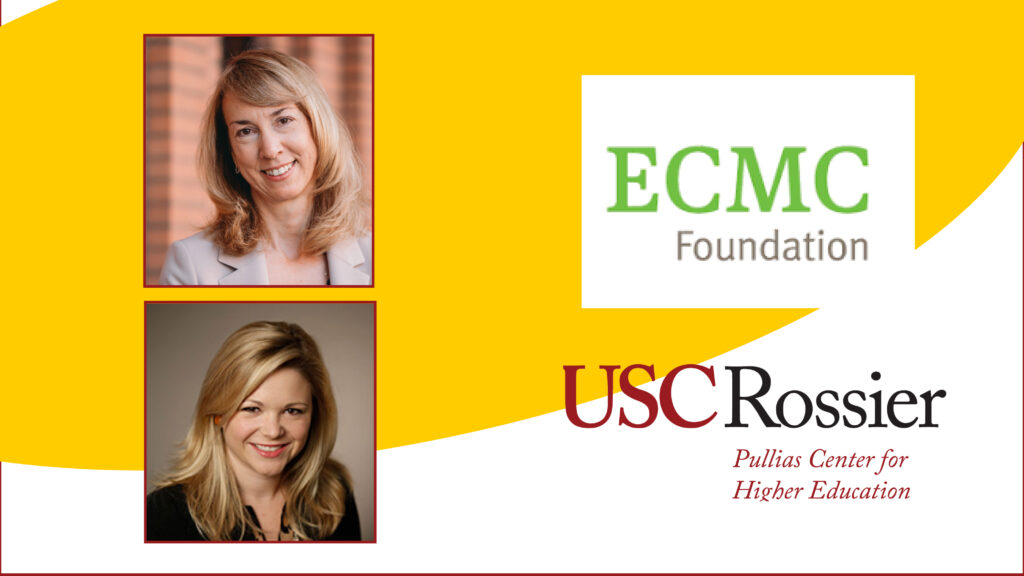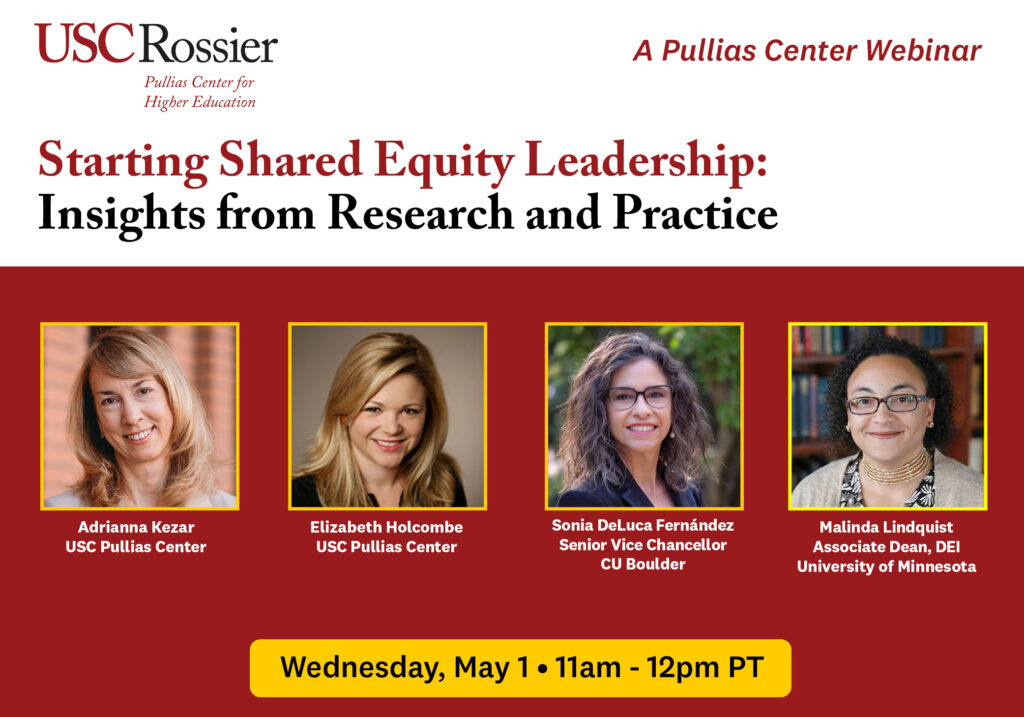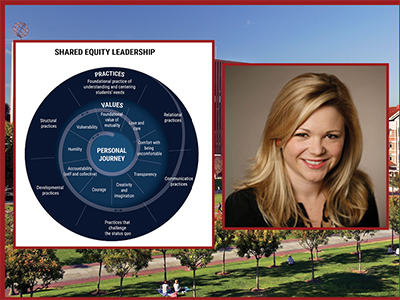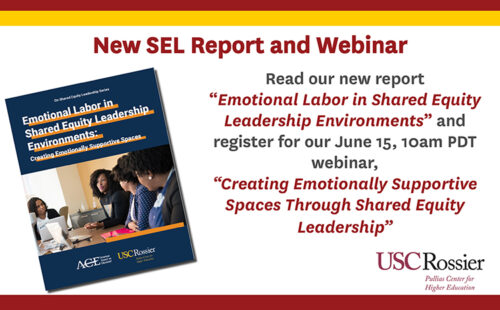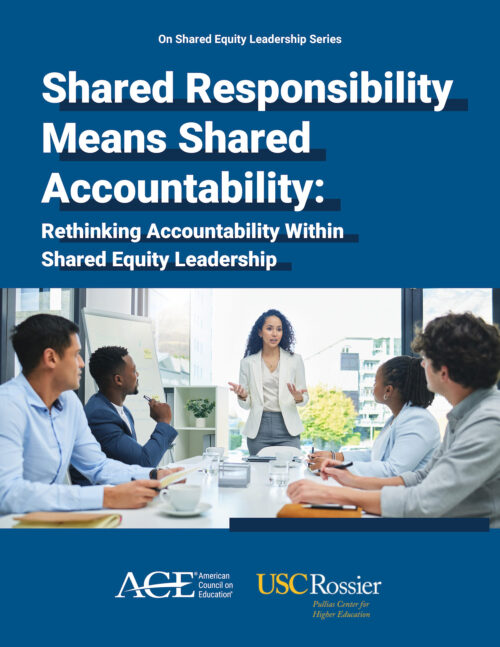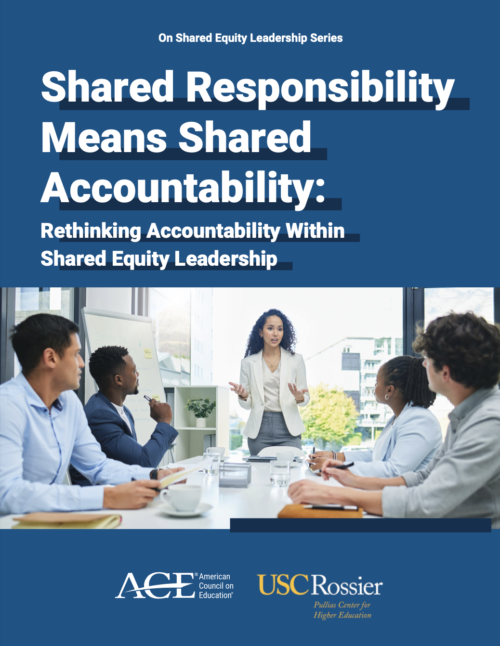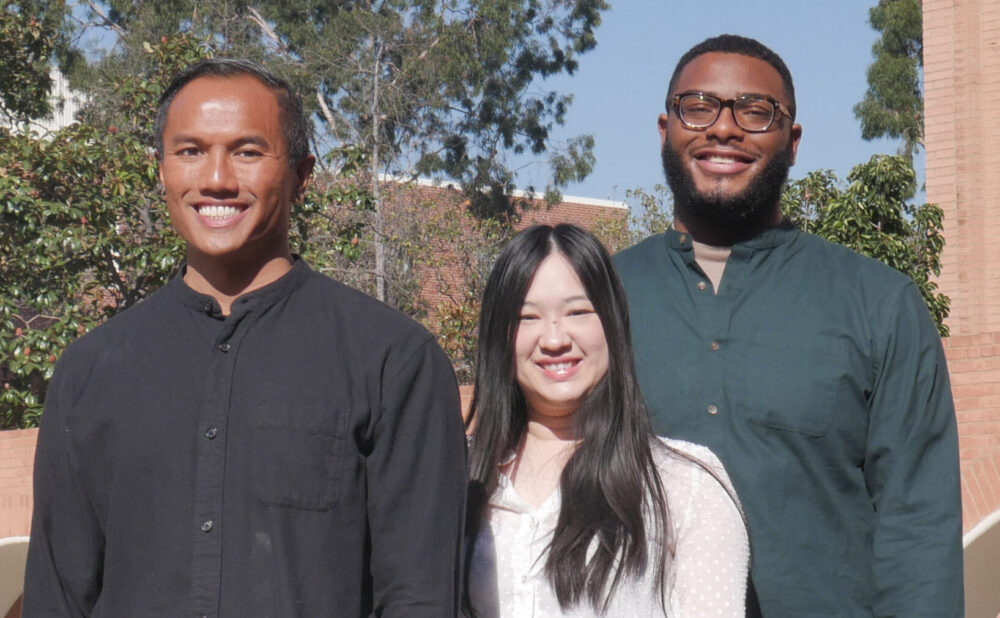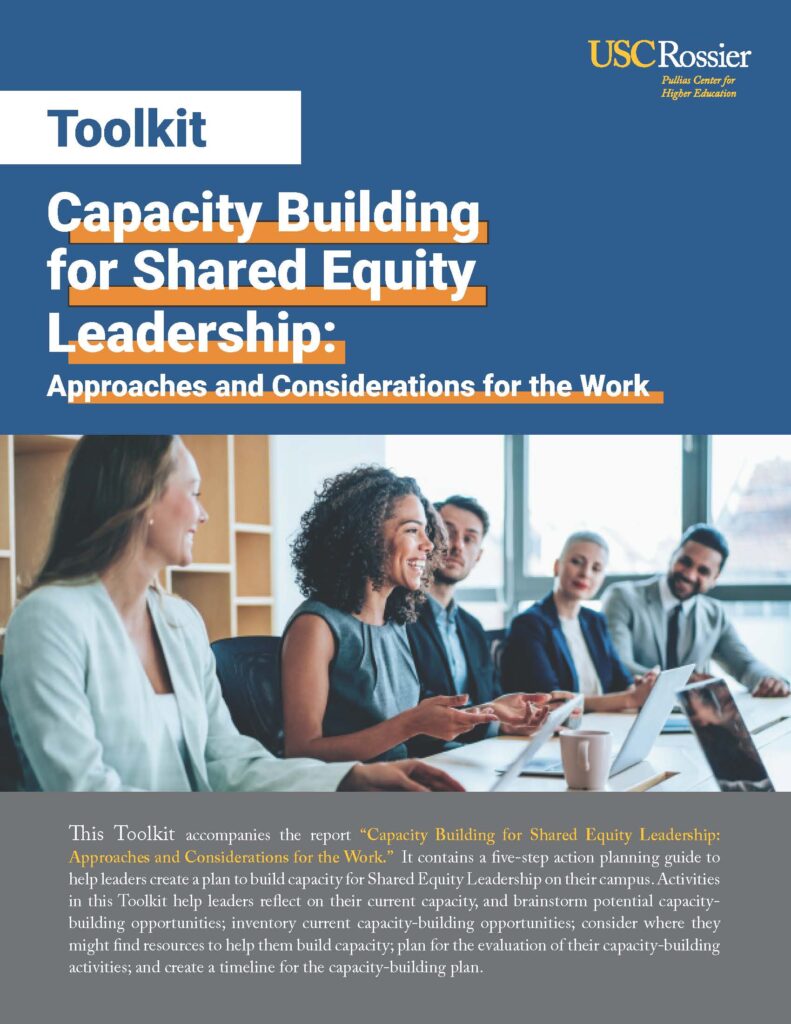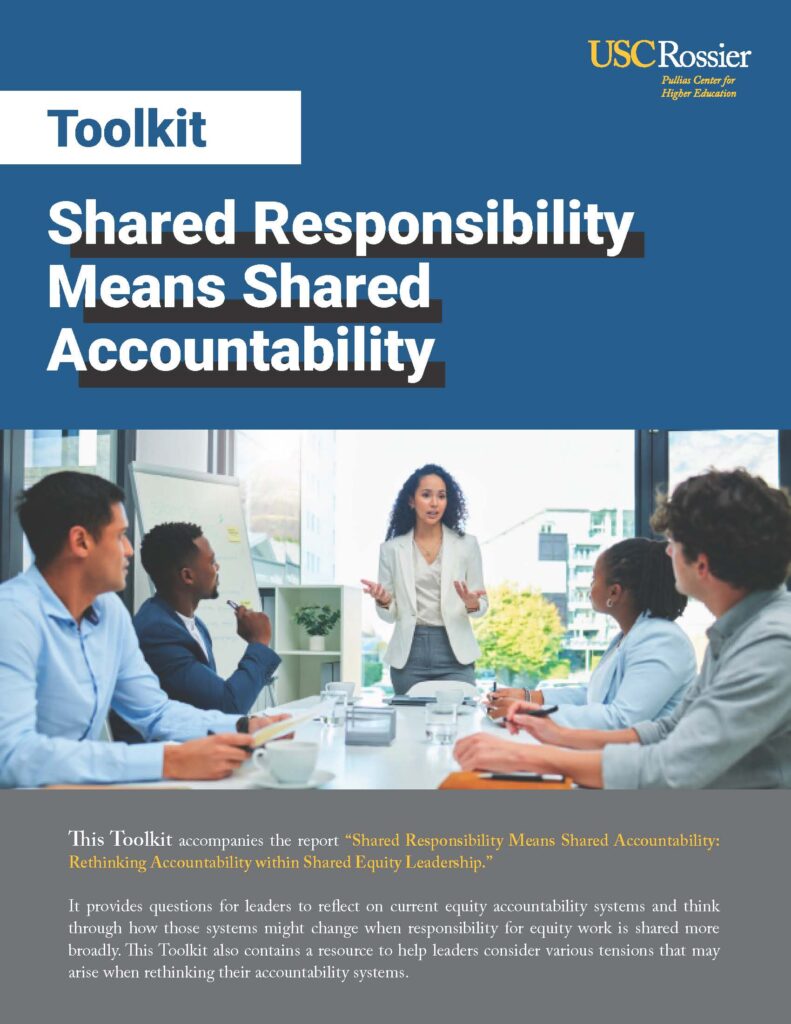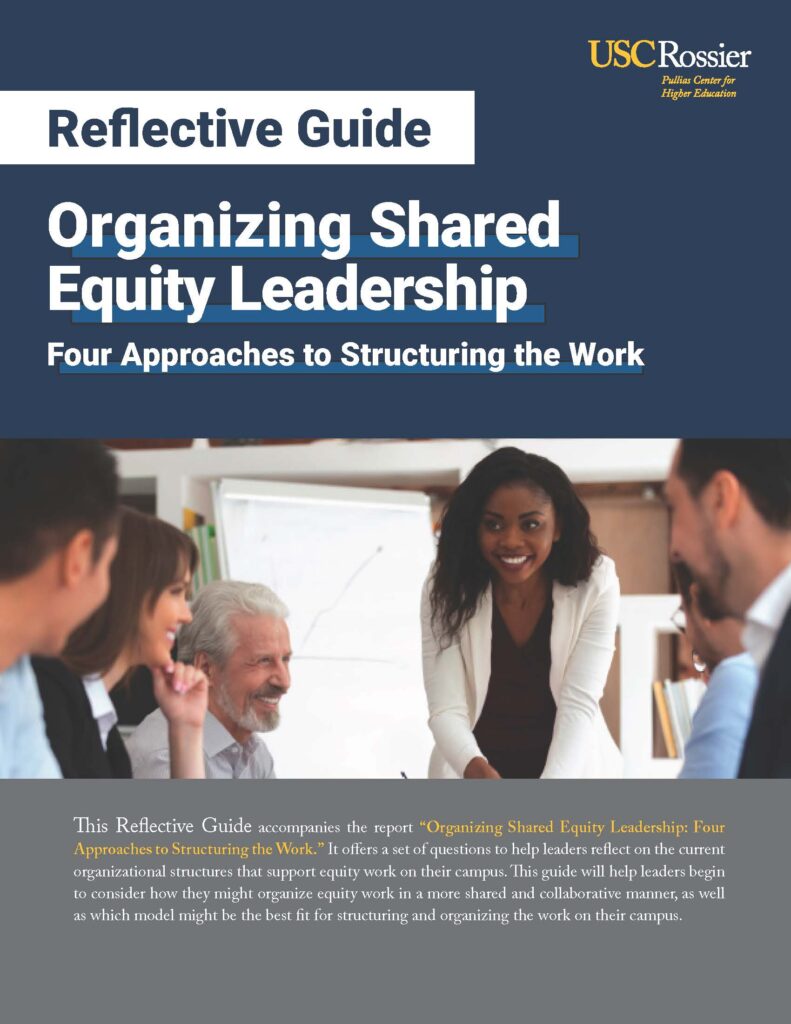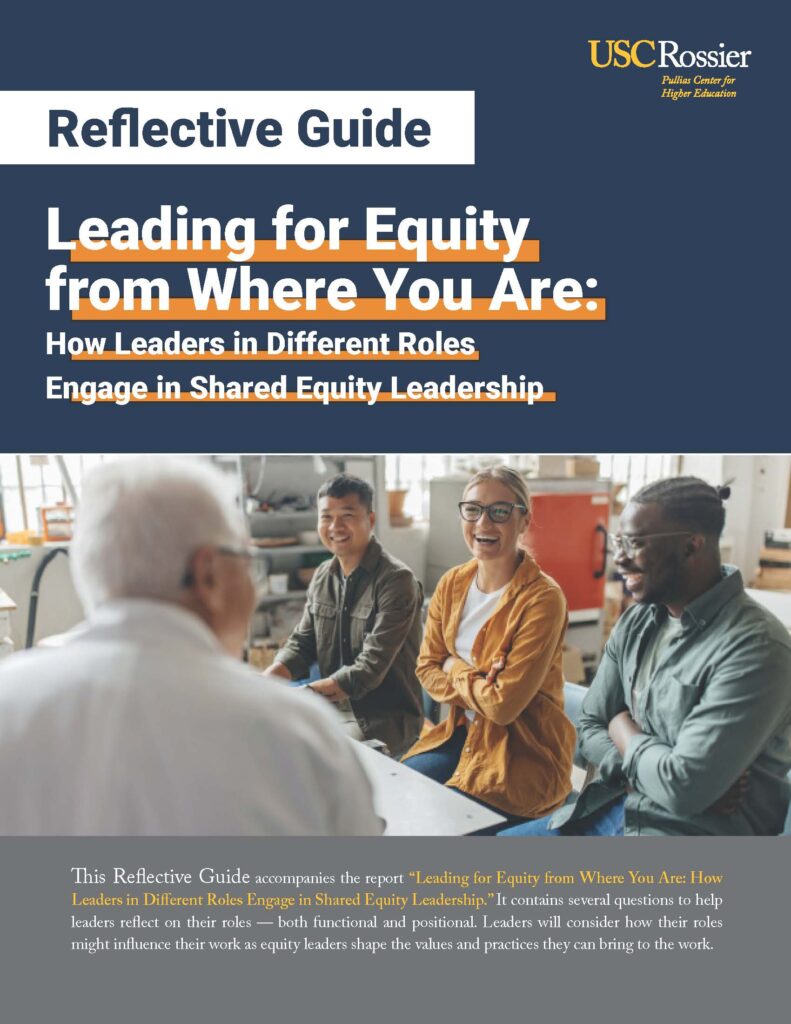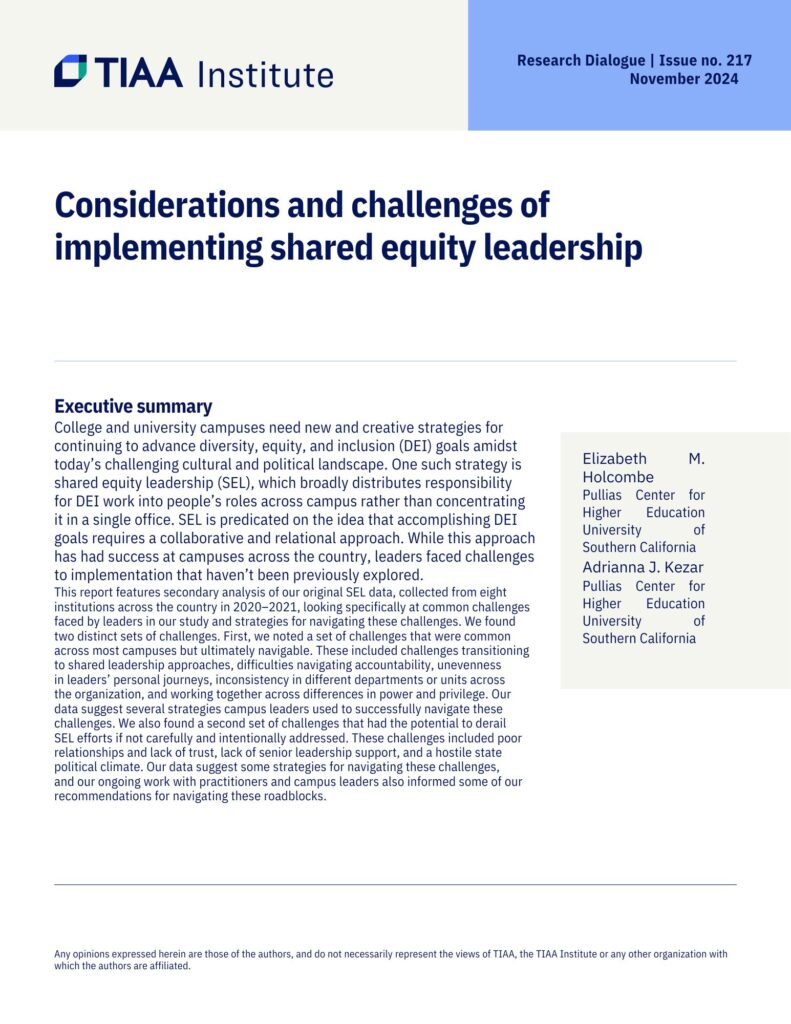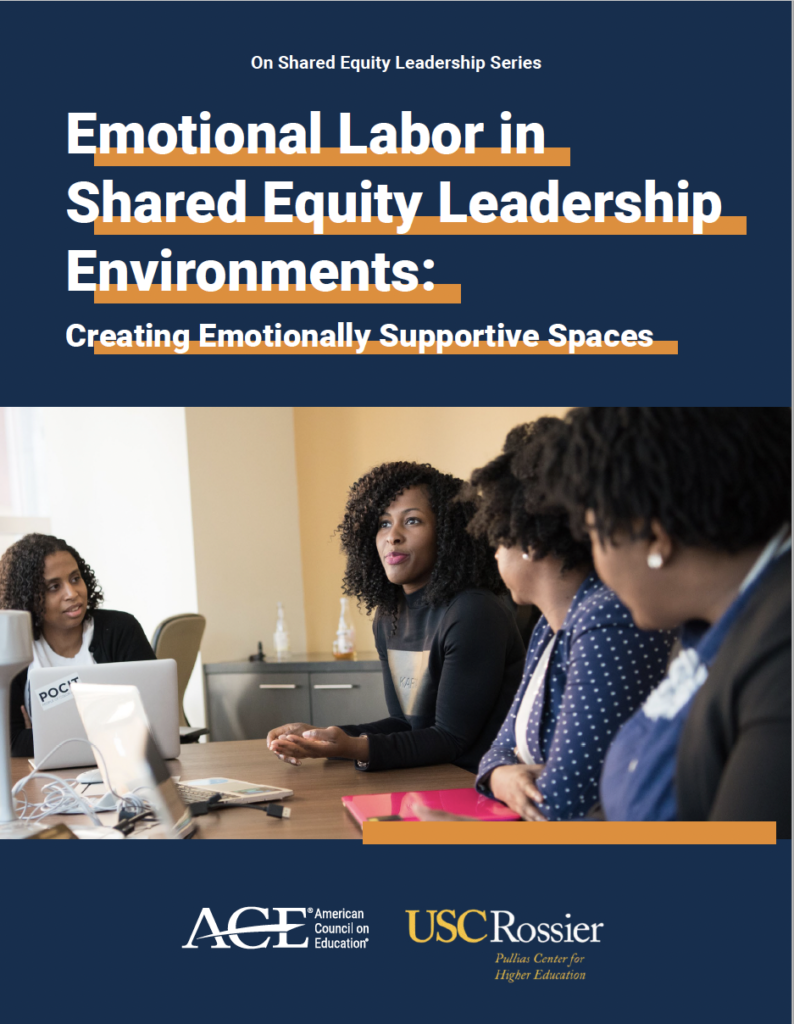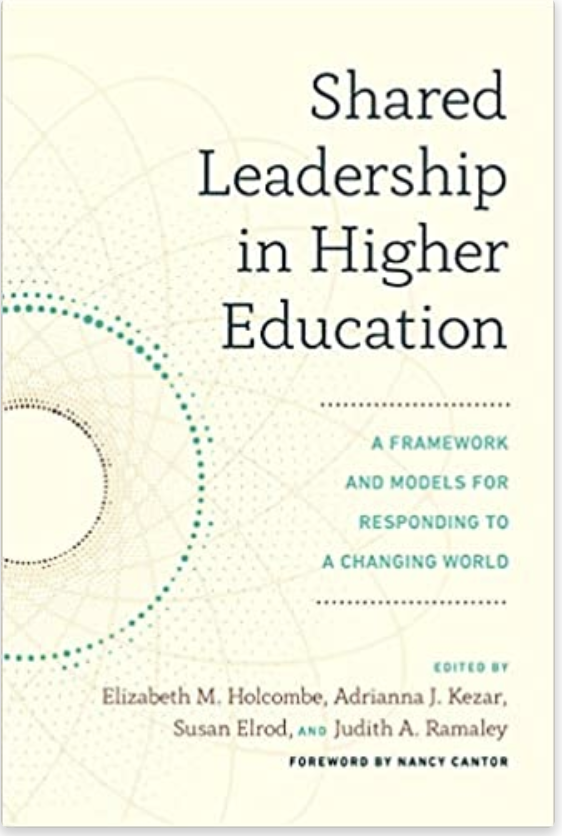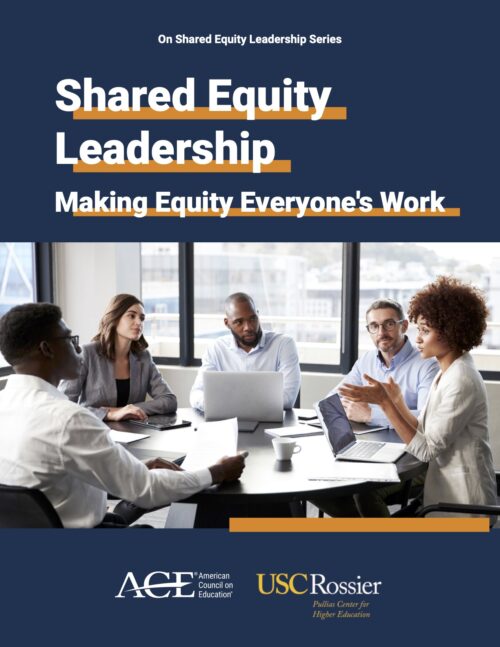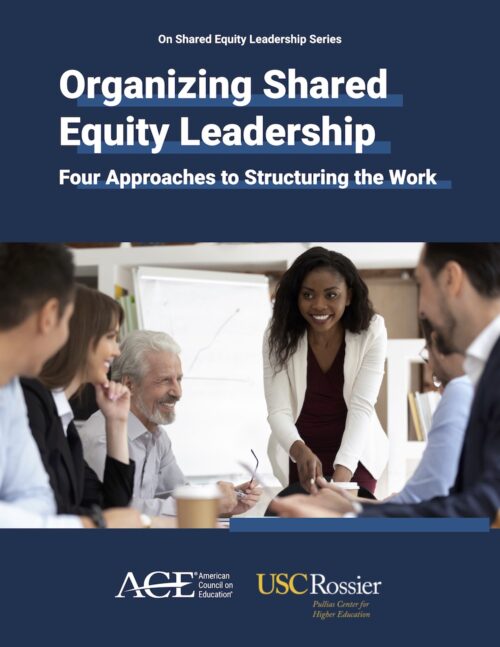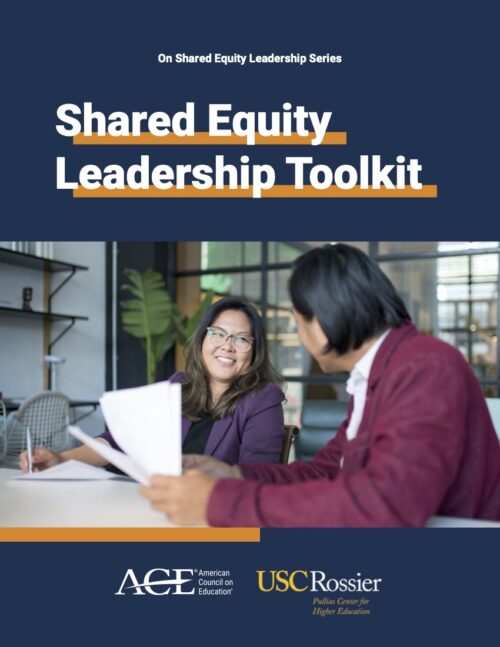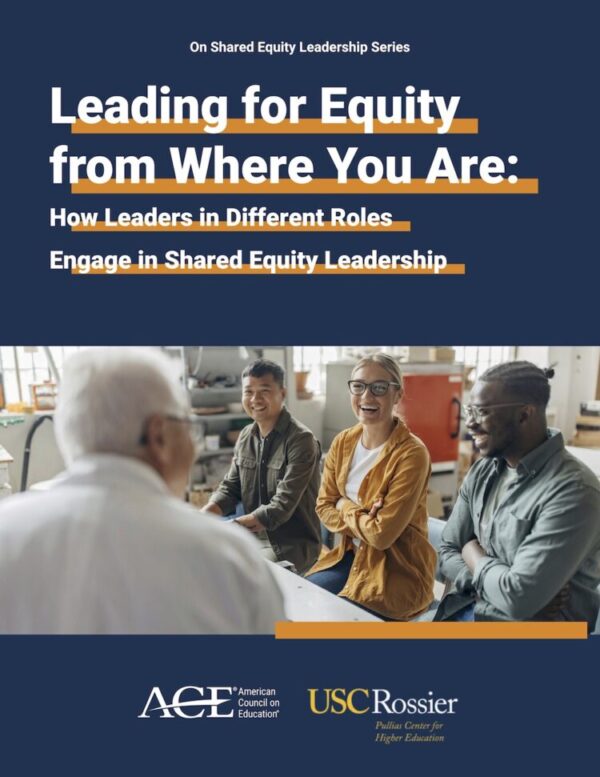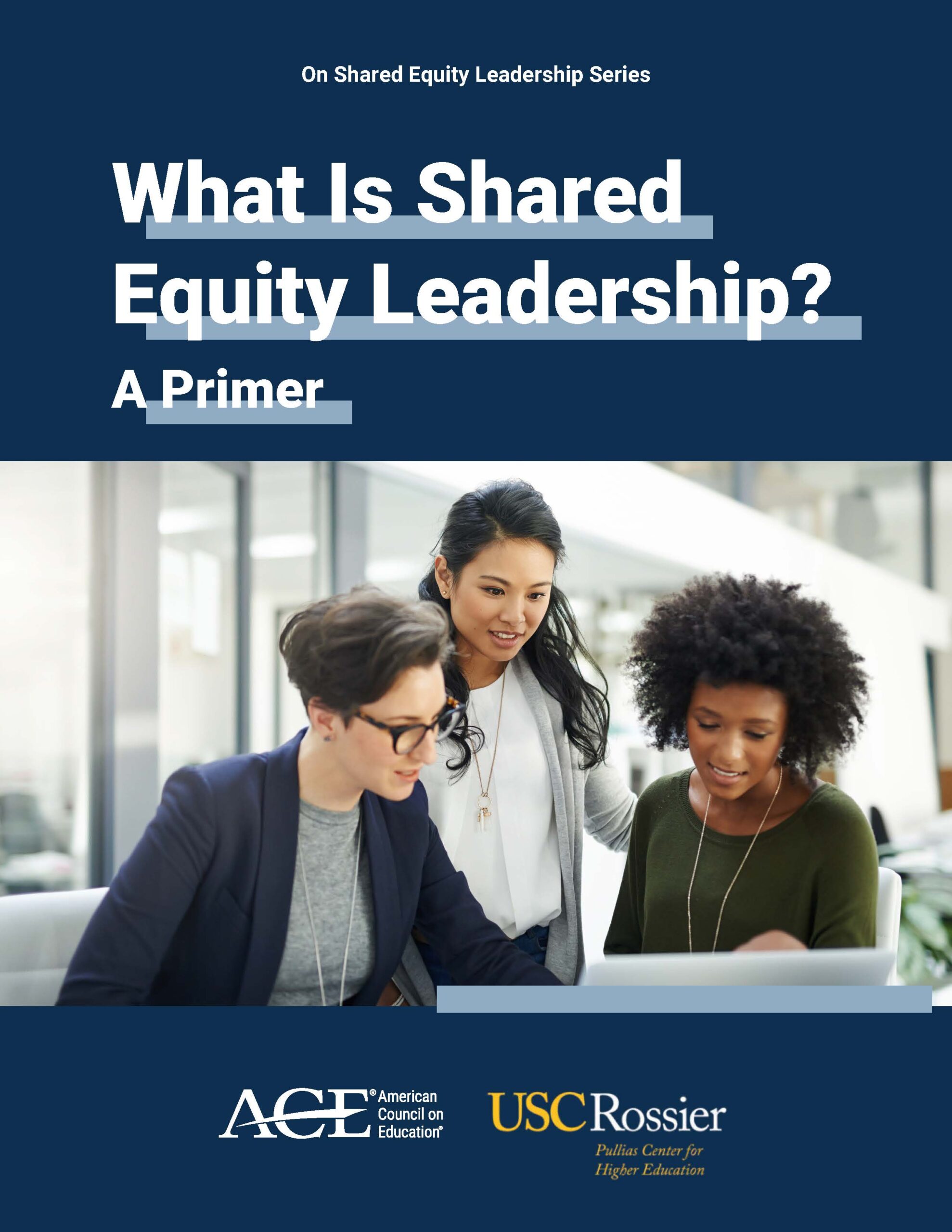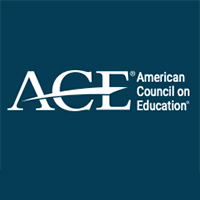
Description
Shared Equity Leadership in Higher Education is a multi-year project that provides insights into the opportunities, challenges, structures, context, roles and other core features of Shared Equity Leadership (SEL) in higher education.
About
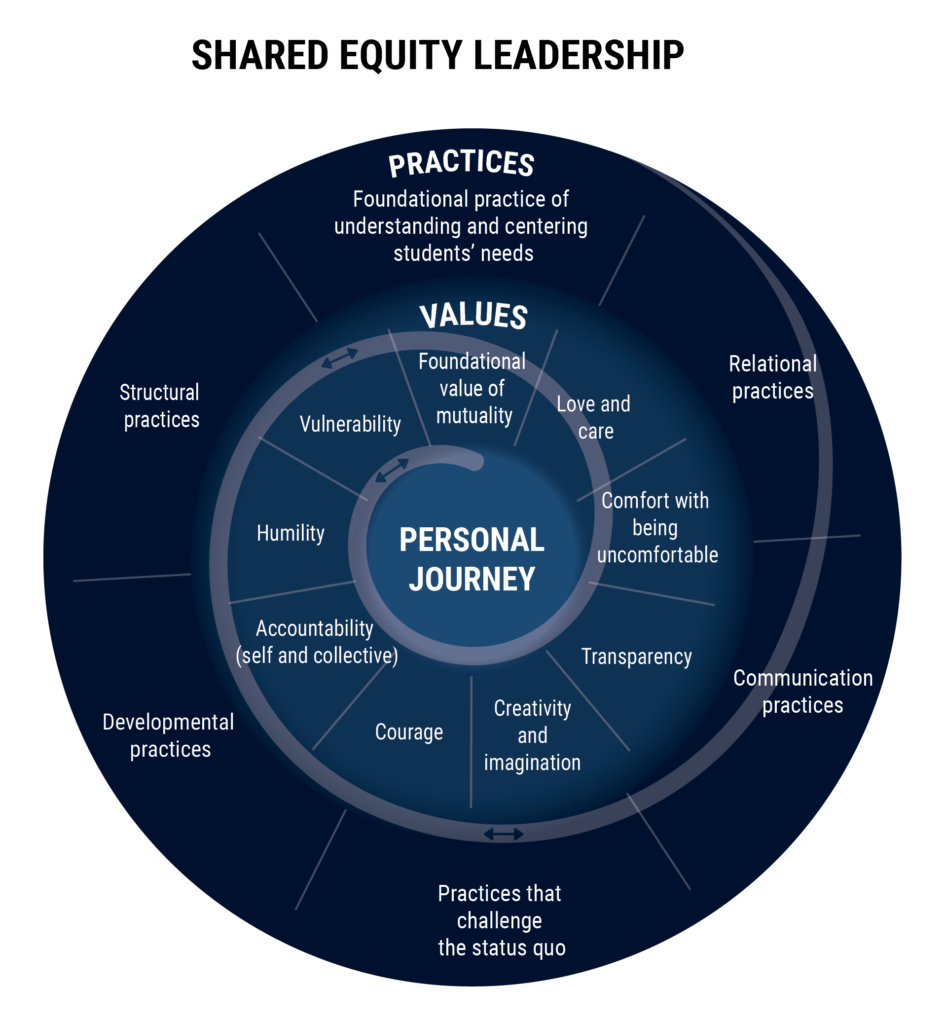
Thanks to the ECMC Foundation for supporting our continued work with Shared Equity Leadership (SEL)! With this $400,000 grant, we will explore how to develop SEL on campuses that do not already have this approach in operation, as well as create supportive resources for campuses that want to implement SEL in the future.
As the politicial context around DEI work has changed substantially since our original research was conducted, there is a need for campuses to have guidance on how to navigate increasingly hostile climates.
Our Earlier Work
Beginning in 2020, the Pullias Center and the American Council on Education authored a series of six reports and a toolkit focused on different aspects of Shared Equity Leadership in higher education. The initial report, Shared Equity Leadership: Making Equity Everyone’s Work, suggested that improving equity outcomes for systemically marginalized students is most effective when leadership teams across campus take collective responsibility for the work.
Since then, our library has grown to include six reports that focus on various aspects of SEL, including how to structure the work, capacity-building, how different roles within a campus environment can engage with SEL, accountability and emotional labor. In addition, the SEL Toolkit was designed to help leaders determine their strengths and weaknesses — and those of their team — in the values and practices necessary to effectively practice Shared Equity Leadership.
The work provides a research-informed foundation upon which higher education leaders can implement institutional policies and practices to best support the needs of all postsecondary education students.
SEL Success Stories in the News
On campuses all over the country, more and more campus leaders, across departments and schools, are engaging in leading and implementing diversity, equity and inclusion goals on their campuses. As more states and politicians broaden their attacks on DEI on higher education campuses, Shared Equity Leadership is seen as the answer. Read more about SEL success stories, both in the news and in institutions, below. If you have a SEL success story you'd like to share, please reach out to the Pullias Center's Communications Manager Sheryl MacPhee.

SEL in the News:
"Equity is Everyone's Fight" by Nadra Kareem Nittle, in Rossier Magazine, Fall 2025.
"Higher Education DEI Efforts are in Trouble. Here’s How We Change That" by Adrianna Kezar, in Diverse Education, April 2025.
"Shared Equity Leadership" on the Student Affairs Now podcast, February 2025
"Higher Education DEI Efforts are in Trouble. Here’s How We Change That" by Adrianna Kezar, in Diverse Education (now EDU Ledger), March 2023.
"Everyone's Work" by Amy Fulton, in Inside Higher Education, April 2023
"Organizing Shared Equity Leadership: How to Structure the Work" by Adrianna Kezar and Elizabeth Holcombe, in Higher Education Today, June 2022
Watch the 'Starting SEL: Insights from Research and Practice' Webinar
Are you interested in learning more about how to start implementing Shared Equity Leadership (SEL) on your own campus? This webinar reviews what we have learned so far about starting SEL, including lessons on how to structure and build capacity for the work, how to think about accountability and roles differently, and how to manage and support the emotional labor involved in this work. We also direct participants to more information and resources in the six reports published to date.
In addition to hearing from Pullias Center’s Adrianna Kezar and Elizabeth Holcombe, you will hear stories of campuses that have used our research to start SEL on their campuses. Representatives from the University of Colorado, Boulder and the University of Minnesota will share their experiences, answer questions, and offer advice for others looking to start SEL.
Project News
Project Team
Adrianna Kezar
Principal Investigator, Professor, USC
Darsella Vigil
ACE
Elizabeth Holcombe
Senior Research Associate, USC
Publications
Partner
The American Council on Education (ACE) is a membership organization that mobilizes the higher education community to shape effective public policy and foster innovative, high-quality practice. As the major coordinating body for the nation’s colleges and universities, ACE’s strength lies in its diverse membership of more than 1,700 colleges and universities, related associations, and other organizations in America and abroad. ACE is the only major higher education association to represent all types of U.S. accredited, degree-granting institutions: two-year and four-year, public and private.
Funders
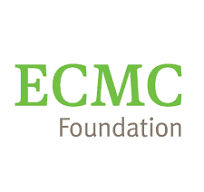
ECMC Foundation is a national, private foundation whose North Star goal is to eliminate equity gaps in postsecondary completion by 2040. The Foundation uses a spectrum of funding structures, including strategic grantmaking and program-related investments through Education Innovation Ventures, to invest in both nonprofit and for-profit ventures. In pursuit of system change, the Foundation’s grantmaking and investing are concentrated on the three following strategic priorities: removing barriers to postsecondary completion; building the capacity of organizations, institutions and systems; and transforming the postsecondary ecosystem.
The Arthur Vining Davis Foundations were organized in 1952 and are supported by two trusts established by Mr. Arthur Vining Davis. The Foundations aim to bear witness to Mr. Davis’ successful corporate leadership and his ambitious philanthropic vision. Since their inception, the Foundations have given over 3,800 grants totaling more than $300 million to colleges and universities, hospitals, medical schools, and divinity schools.

The ALFRED P. SLOAN FOUNDATION is a not-for-profit, mission-driven grantmaking institution dedicated to improving the welfare of all through the advancement of scientific knowledge. Established in 1934 by Alfred Pritchard Sloan Jr., then-President and Chief Executive Officer of the General Motors Corporation, the Foundation makes grants in four broad areas: direct support of research in science, technology, engineering, mathematics, and economics; initiatives to increase the quality and diversity of scientific institutions and the science workforce; projects to develop or leverage technology to empower research; and efforts to enhance and deepen public engagement with science and scientists. sloan.org | @SloanFoundation
The TIAA Institute helps advance the ways individuals and institutions plan for financial security and organizational effectiveness. The Institute conducts in-depth research, provides access to a network of thought leaders, and enables those it serves to anticipate trends, plan future strategies and maximize opportunities for success. To learn more about our work and engage with our community of thought leaders, please visit our website at www.tiaainstitute.org and follow us on Twitter at @TIAAInstitute.


